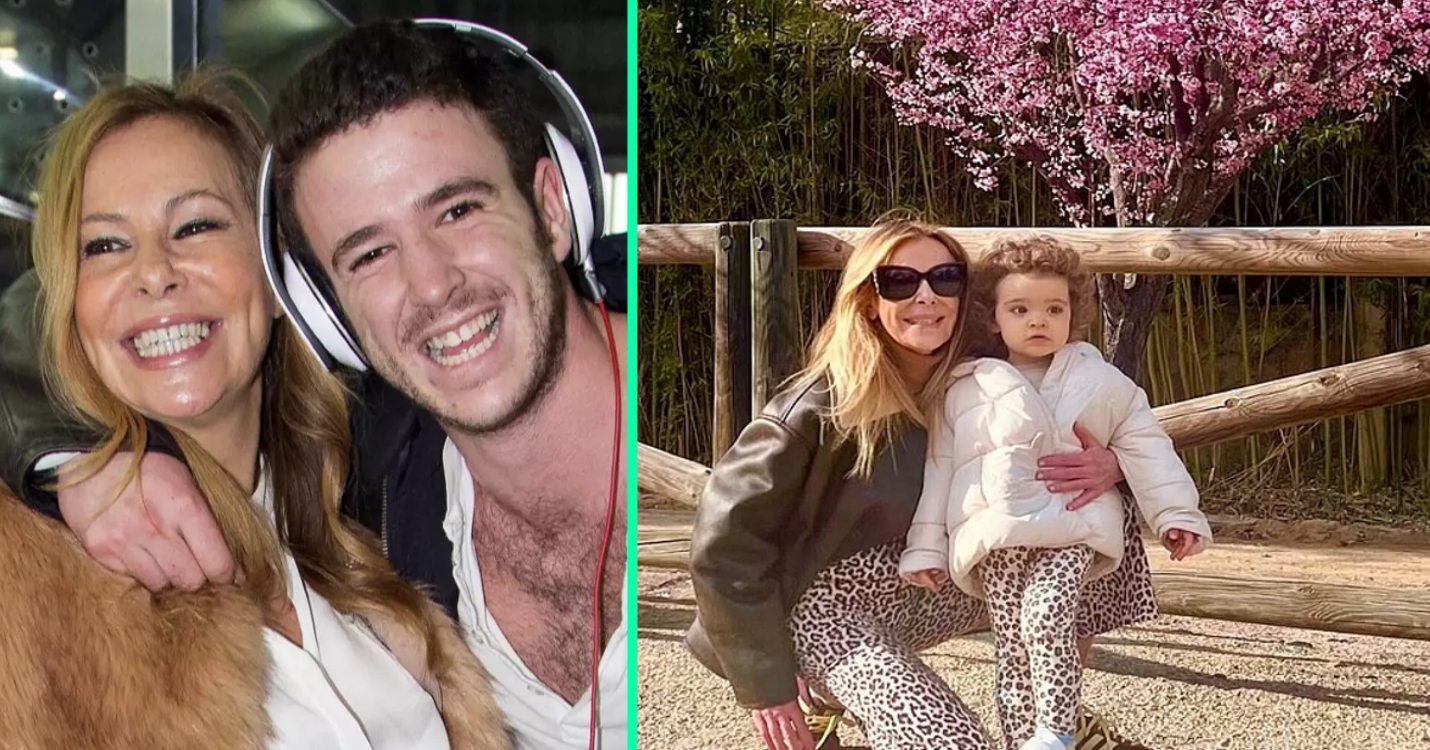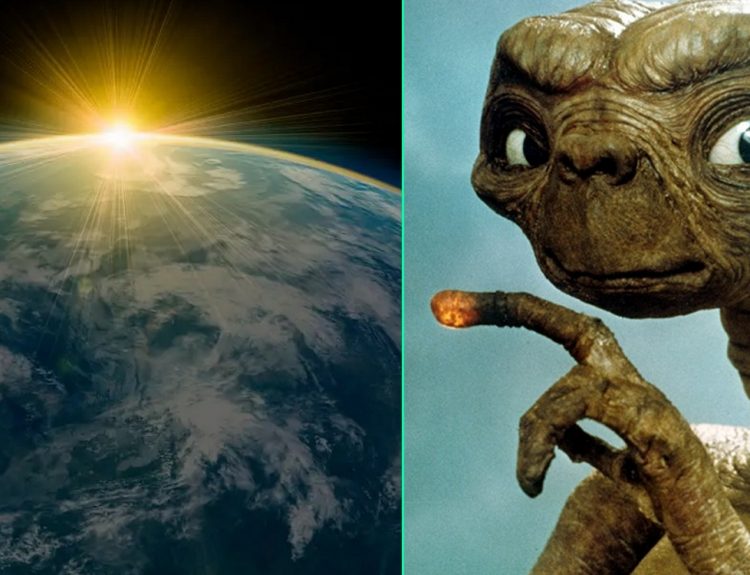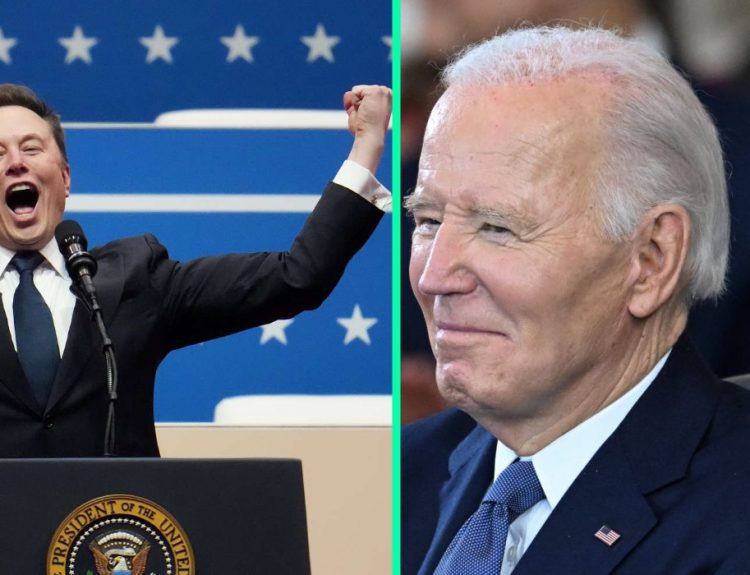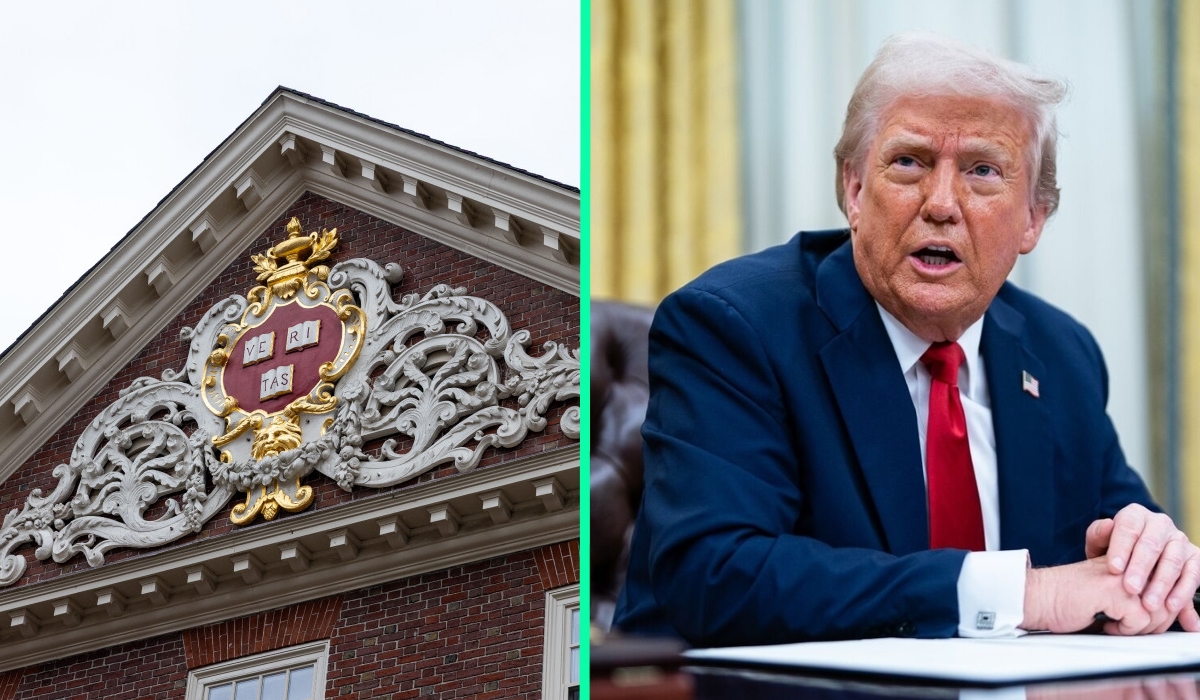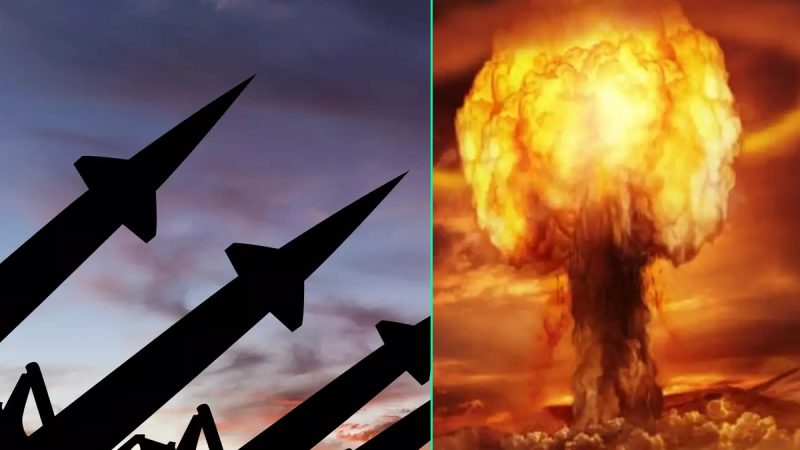In a story that continues to stir intense debate around the globe, a 70-year-old woman who used her deceased son’s sperm to have a baby via surrogate has broken her silence with an emotional update following the birth. The decision, which many have called controversial and ethically complex, sparked widespread reactions when it first made headlines. Now, months after the arrival of her granddaughter — who is both her grandchild and her son’s child — the woman is opening up about her experience and what comes next for her unique family.
The woman, identified only as Rajashree Patil from India, lost her only son, Prathamesh, to a brain tumor in 2019. But before his death, he had his sperm frozen as part of fertility preservation treatment. Years later, Rajashree made headlines when she announced her intent to use that preserved sperm to conceive a baby — through IVF and a surrogate. The baby girl, born earlier this year, has reportedly been in good health, and Rajashree now says her family feels “complete.”

In an interview with The Mirror, she shared, “This baby is a part of my son. I lost him too soon, but now I hold a piece of him in my arms. This is his legacy.” She also clarified that the surrogate was compensated and voluntarily carried the pregnancy under full medical supervision. The woman’s story has gone viral once again, especially after a tweet from Mirror Breaking News reignited public interest in the controversial case.
According to Rajashree, her son had always dreamed of having children, and she believes he would have supported her decision. In a recent video interview shared by a local news outlet, she held the baby while wiping away tears. “When I lost him, I lost everything,” she said. “This child didn’t just bring back joy. She brought back my will to live.” The footage has since been shared widely, drawing praise and backlash in equal measure.
Many have questioned the ethics of the decision. A report by The Independent included statements from fertility experts, some of whom voiced concerns over consent, inheritance rights, and the psychological impact on the child. Others defended Rajashree’s choice, arguing that new reproductive technology allows grieving families to carry on bloodlines in unprecedented ways. The debate continues to rage across platforms like Reddit and TikTok.
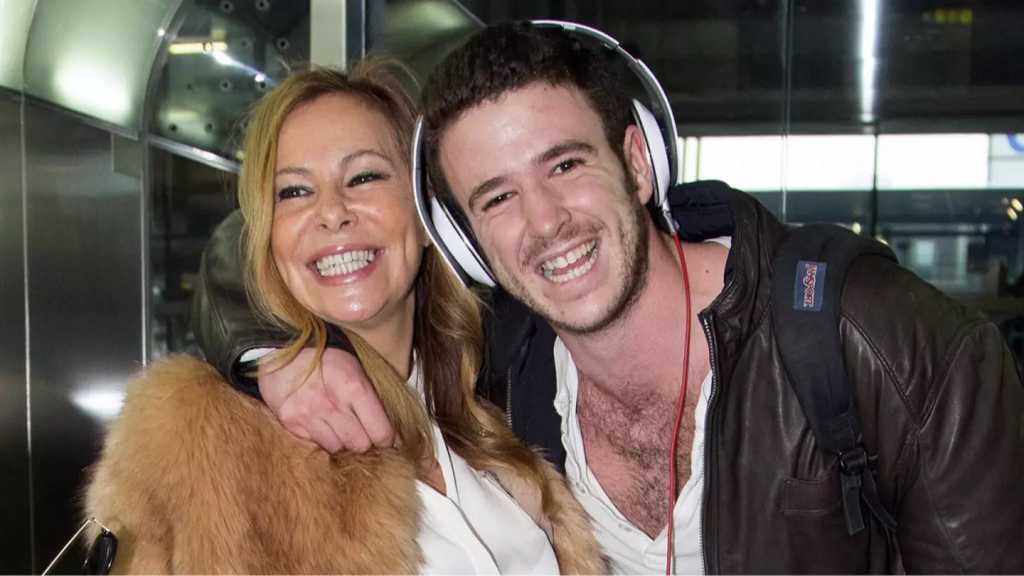
Medical professionals involved in the IVF process have stated that all legal and procedural standards were followed. In a press statement from Hindustan Times, the fertility clinic confirmed that written authorization from Prathamesh existed and that the surrogate had no biological connection to the child. India’s surrogacy laws, recently updated, now place stricter limits on who can act as a surrogate, but Rajashree’s case occurred under earlier rules.
Despite the legality, the emotional toll has been immense. In a recent Instagram video, she says that strangers frequently approach her — some in awe, some in judgment. “They ask if I’m the grandmother or the mother. I say I’m both.” That statement alone has triggered a new wave of reactions. One viral tweet declared: “This is the future of family. Uncomfortable, but real.”
The baby girl now lives with Rajashree in her Pune home, surrounded by portraits of her father, whom she will never meet. “One day, I’ll tell her the whole story,” she said. “She’ll know how badly she was wanted. How much she was loved — before she was even born.” Her house has been modified with baby-proofed edges, soft lighting, and a dedicated nursery filled with photos of her late son.
Critics continue to voice unease. A British Medical Journal op-ed discussed the psychological burden on children born from posthumous reproduction. “This is a new frontier,” the author wrote, “and it raises questions we haven’t fully grappled with.” Still, many online comments show empathy. One user wrote, “She lost everything. If this gave her life again, who are we to judge?”
Rajashree doesn’t shy away from the controversy. In a YouTube Q&A, she answered difficult questions about public scrutiny and the baby’s future. “This child will be proud of where she came from,” she insisted. “She is not a product of desperation. She is a symbol of hope.”
The story continues to gain traction globally, with media outlets across Europe, the U.S., and Asia covering the unprecedented case. As Rajashree now celebrates the child’s first milestones — a smile, a nap, a babble — she says her son lives on through his daughter. “I see his eyes in hers,” she told Al Jazeera. “And that is a kind of miracle.”
